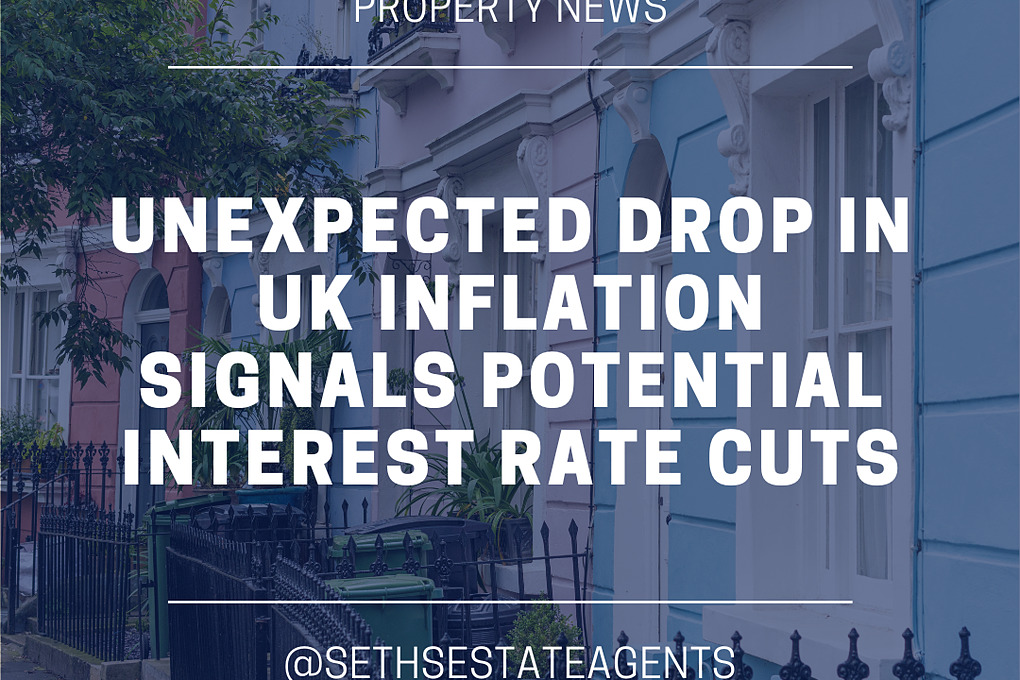Unexpected Drop in UK Inflation Signals Potential Interest Rate Cuts

- Oct 17th 2024
UK inflation fell to 1.7% in the year leading to September, the lowest in three-and-a-half years. This drop pushes inflation below the Bank of England’s 2% target, setting the stage for potential interest rate cuts.
Lower airfares and fuel prices were key contributors to the decline, according to official data. This inflation figure, often used to set benefit increases for the following April, could have a significant impact on many households.
Currently, the UK’s interest rate sits at 5%. While the Bank of England made a cut in August, it paused last month. However, many expect another reduction in November, with some experts predicting a second cut in December. Susannah Streeter from Hargreaves Lansdown notes that the lower inflation rate strengthens the case for a December cut.
Danni Hewson of AJ Bell adds that a 0.25 percentage point cut in November is "almost certain," with growing anticipation for another reduction in December. Yet, Yael Selfin, chief economist at KPMG UK, warns that despite the likely cuts, inflation could rise again as household energy bills are set to increase by about 10%.
The Bank of England’s base interest rate affects borrowing costs for consumers, including mortgage and credit card rates. While higher interest rates have increased borrowing costs, they have also boosted returns for savers. However, rising mortgage payments could lead to higher rents as landlords pass on these costs to tenants.
The recent cost-of-living crisis has seen inflation soar to 11% in 2022, well above the Bank of England’s target, driven partly by rising energy prices after Russia’s invasion of Ukraine. To curb inflation, the Bank increased rates, aiming to slow consumer spending.
Although inflation has now fallen, this doesn’t mean prices are dropping, it simply means they’re rising more slowly.
The fall in inflation last month—from 2.2% in August to 1.7%—was largely driven by lower petrol and airfare prices. Fuel costs dropped by 10.4%, while airfares, which typically decline after the summer, fell even more than usual. However, food and non-alcoholic drink prices increased, with rises in milk, cheese, eggs, soft drinks, and fruit.
This inflation dip, the lowest since April 2021, comes just ahead of the UK Budget. Chancellor Rachel Reeves faces tough decisions as she prepares for tax increases and spending cuts worth £40bn. Ministers have been warned that difficult choices will be made around welfare, spending, and taxes.
The September inflation figure is also crucial for determining benefit increases in April. Universal credit, disability benefits, and carer’s allowance are all tied to inflation. A 1.7% increase in benefits would fall short of the 4.1% rise expected for state pensions under the triple lock. The government has indicated plans to reduce the disability and incapacity benefits bill, further tightening its fiscal policy.








